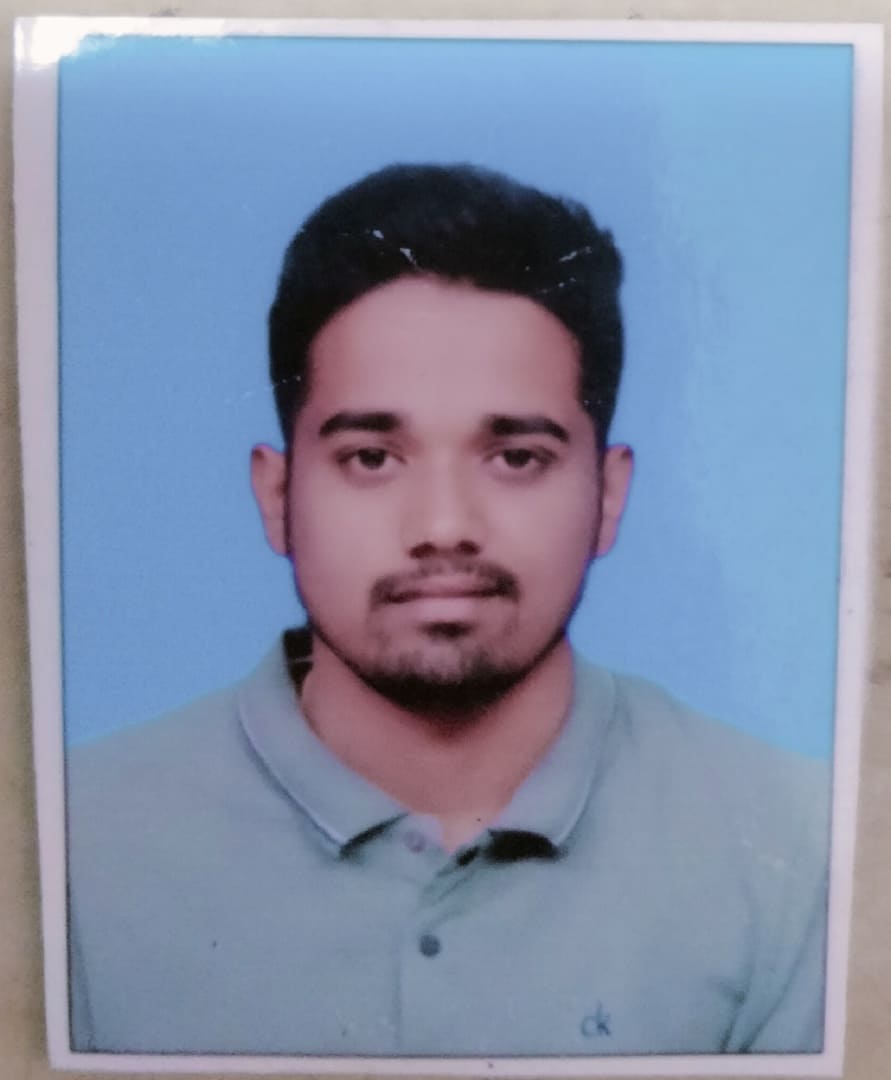We use cookies to make sure that our website works properly, as well as some ‘optional’ cookies to personalise content and advertising, provide social media features and analyse how people use our site. Further information can be found in our Cookies policy


 Shreyash kirankumar koli*
Shreyash kirankumar koli*
 Sourabh Patil
Sourabh Patil
 10.5281/zenodo.10517844
10.5281/zenodo.10517844